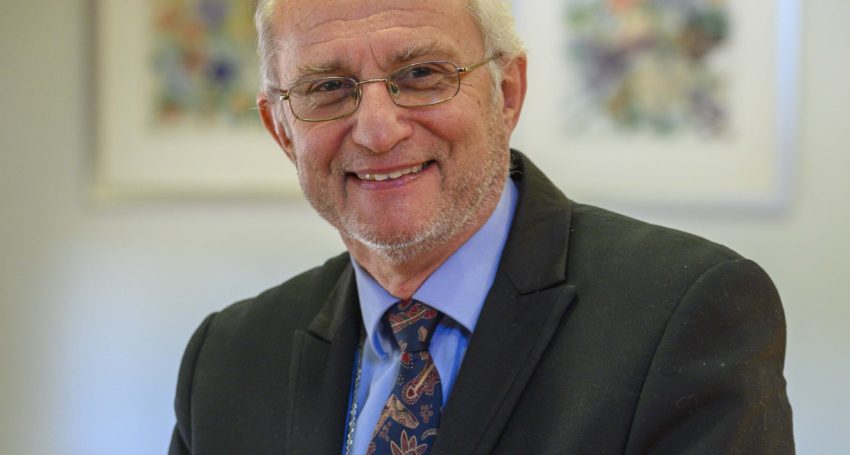Is religion the cause of violence?
Features
“The problem is that in a highly secular culture religious ritual has been largely banished from the public space and the nation-state has assumed the mantle of the manager of violence,” says St Francis College Scholar in Residence The Right Rev’d Professor Stephen Pickard, who will be giving the 2021 Felix Arnott Lecture, which will be held online this year

It’s not uncommon to hear the view promoted that religion is the cause of violence; of all the major wars. This is odd considering that World War 1 and 2 were obviously not fought on account of religion. There are others who might take a more nuanced view, which basically says that once people believe that God is on their side then compromise is impossible.
The words of 17th century French mathematician and theologian Blaise Pascal are too true, “Men never do evil so completely and cheerfully as when they do it from religious conviction.” Of course, we ought not bury our heads in the sand and ignore the fact that the actual history of religion shows that it has at times been complicit in, and in some cases a driver of, violence. The late Rabbi Jonathan Sacks stated that “When religion turns men into murderers, God weeps.”
Advertisement
Perhaps we might say it is a messy business; that religion is neither inherently violent nor the cause of violence, but from time to time it has been complicit in the deeper causes of violence which have to do with money, power, territory, greed and glory.
There is another line of thought that argues that violence is generative of religion. How so? Violence is a feature of the human condition. It seems we are capable of great good and great evil. Because we humans are made for each other and constantly form social groups to live, survive and thrive it is inevitable that rivalries and competitive behavior will be features of our common life.
On this account violence has nothing to do with religion as such. It has to do with identity and life in groups. And precisely here we have a problem. How can we live together without resorting to violence? Or rather, how can we manage our predispositions to violence? If we can’t find a way to manage violence, human community and culture will not be a viable project.
Enter religion; the solution to the problem of human violence. The religious traditions of the world not only give voice to some of the deepest longings of the human heart for God; they have also offered over millennia rituals to do with restoring people at enmity and finding a new peace so that community can flourish. The problem is that in a highly secular culture religious ritual has been largely banished from the public space and the nation-state has assumed the mantle of the manager of violence. Its track record on this continues to be appalling.
Advertisement
What about the way of Jesus? At its heart Christianity is about a new community of peace; a community that no longer lives bound by hostilities; a community where differences are welcomed and no longer regarded as impediments to peace, but part of the rich diversity of God’s intention for the world; a community to practise the lost arts of hospitality and generosity. Is this just all too idealistic or might it offer the potential for a peaceable kingdom; even, dare we hope, a peaceable church?
Through the life, death and resurrection of Jesus something radical has occurred for religion and the whole world. A new and living way opened up whereby peace was restored between people and between people and God. Baptism and Eucharist are the two great sacraments of the peaceable kingdom. They give witness that God was in Christ offering peace and forgiveness to all. For this reason, the Christianness of the people of God will be measured by the way they promote and live as peacemakers in violent times.
Editor’s note 09/08/2021: The Right Rev’d Professor Stephen Pickard was to give the 2021 Felix Arnott Lecture on the theme ‘Religion, Violence and the Way of Jesus: myth and reality’ at St Francis College in August; however, this event has been postponed due to COVID-19. The lecture will be held via Zoom in the near future. This anglican focus feature will be updated with the Zoom event details at a later date.





